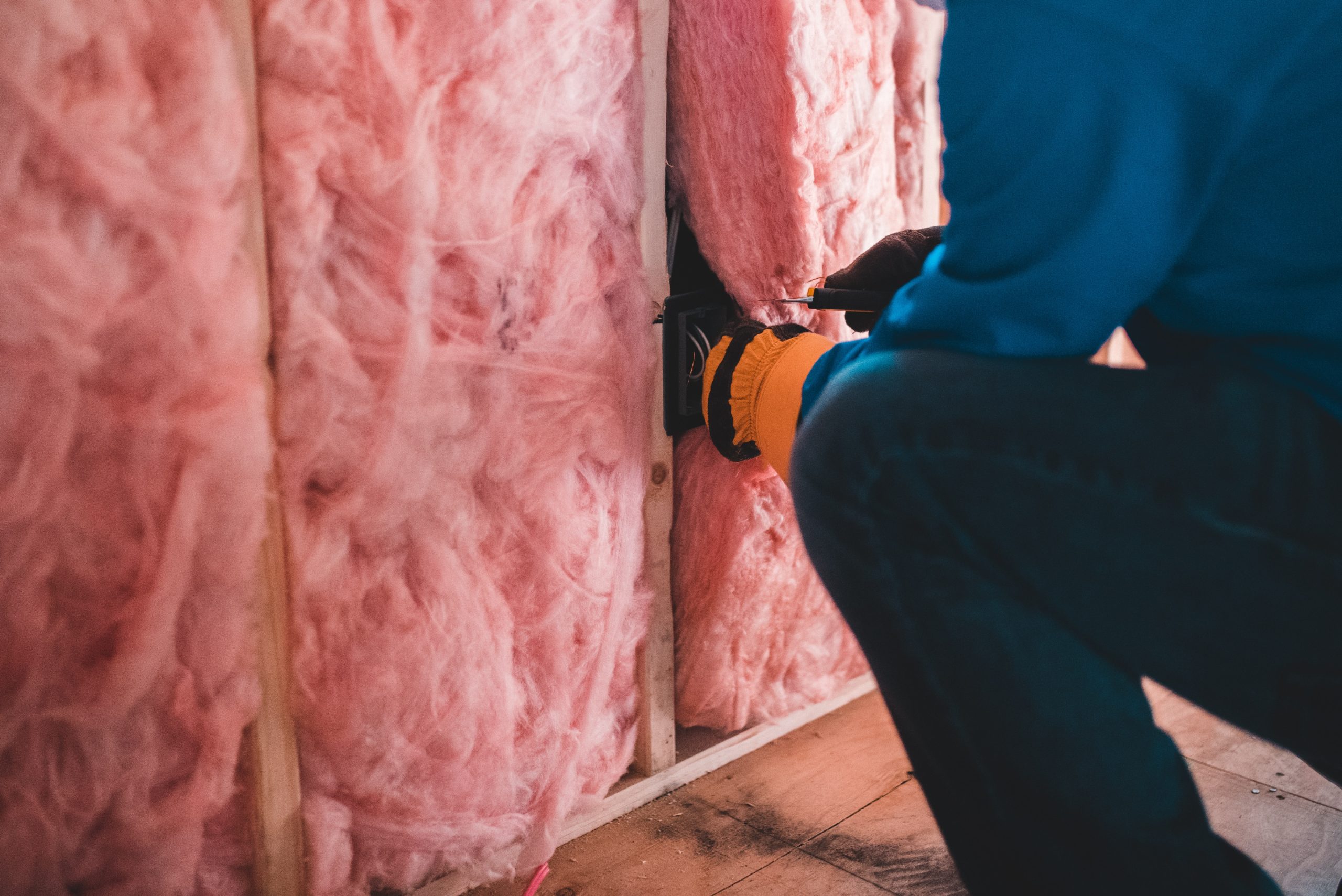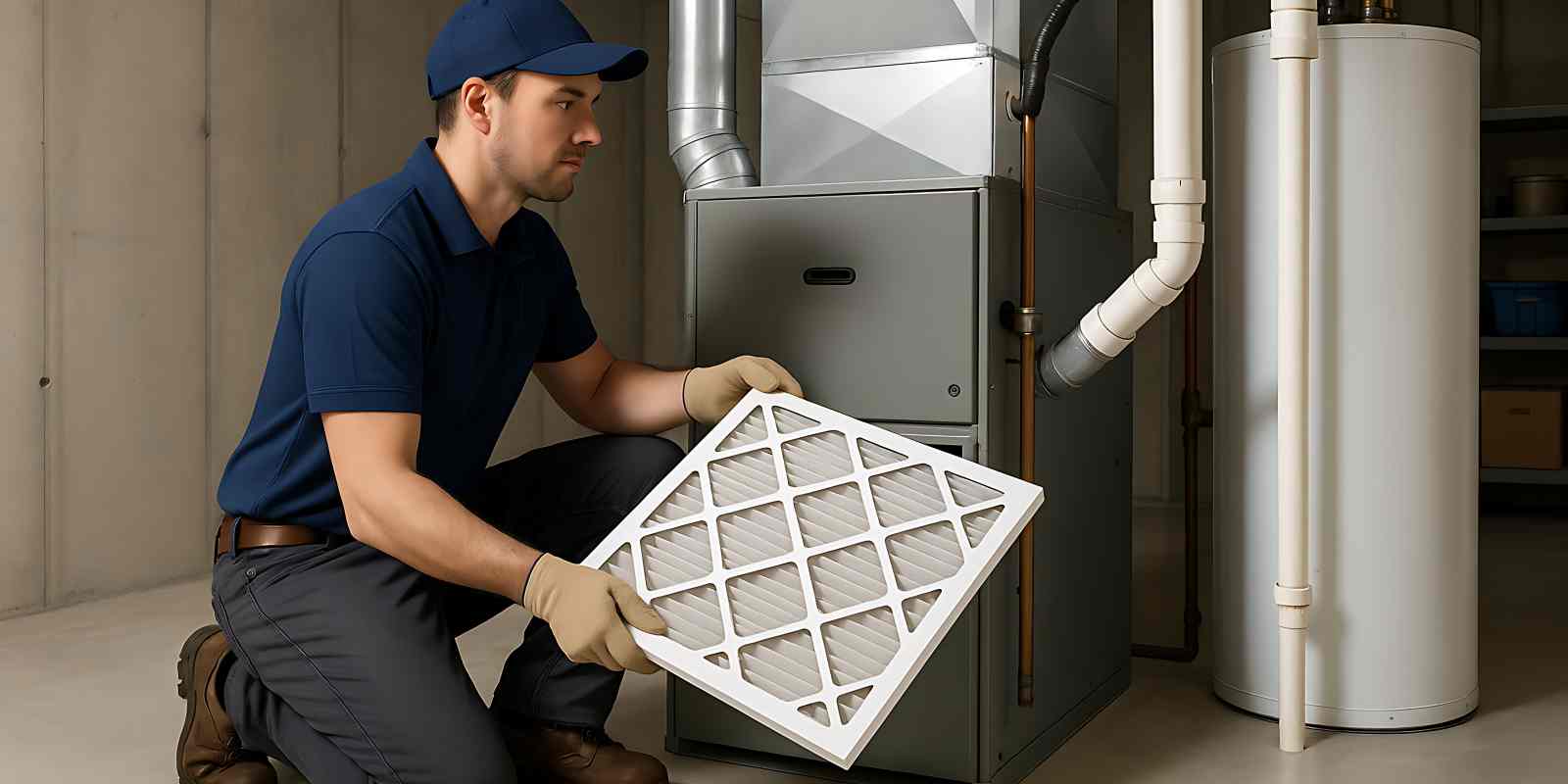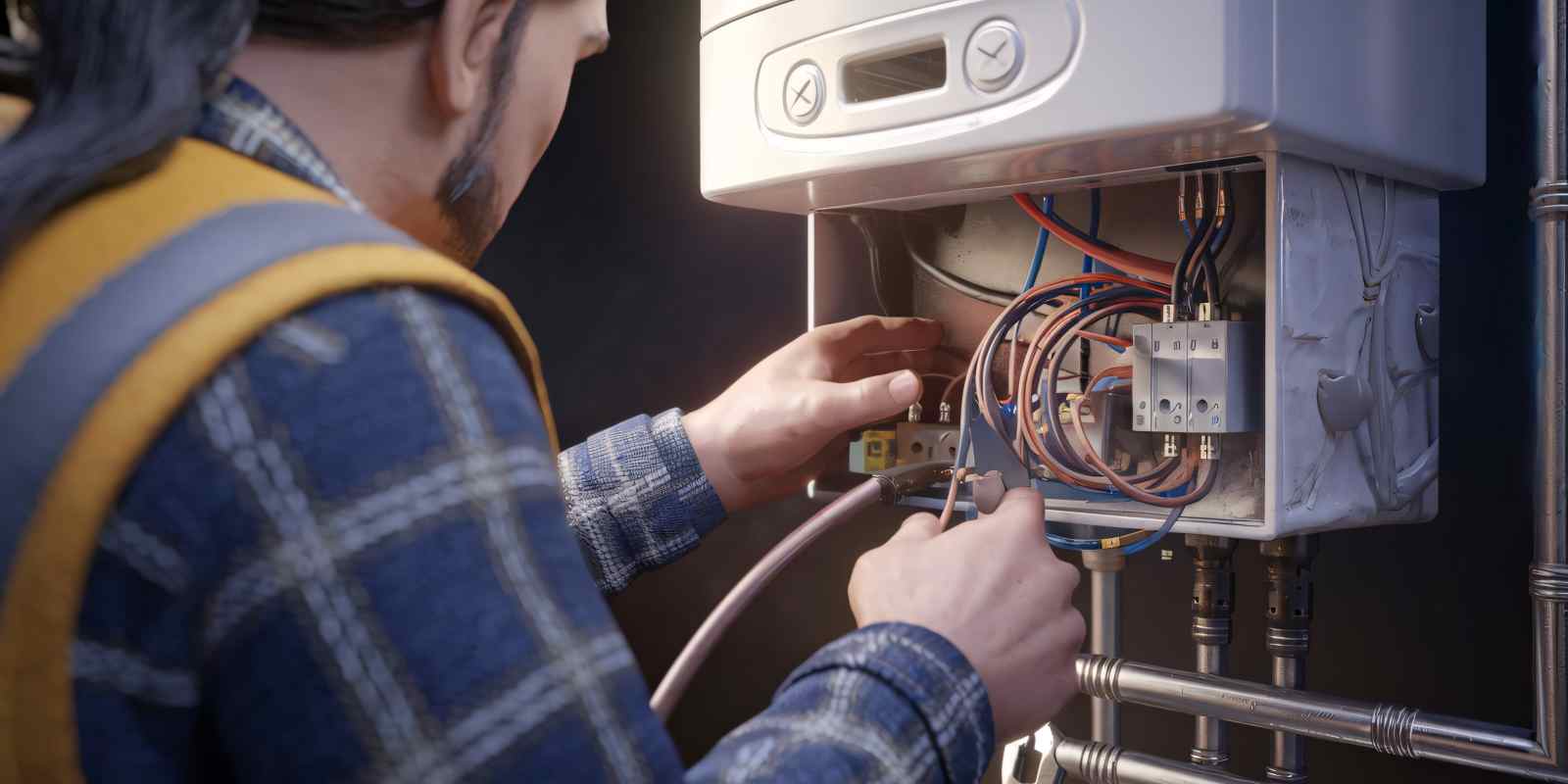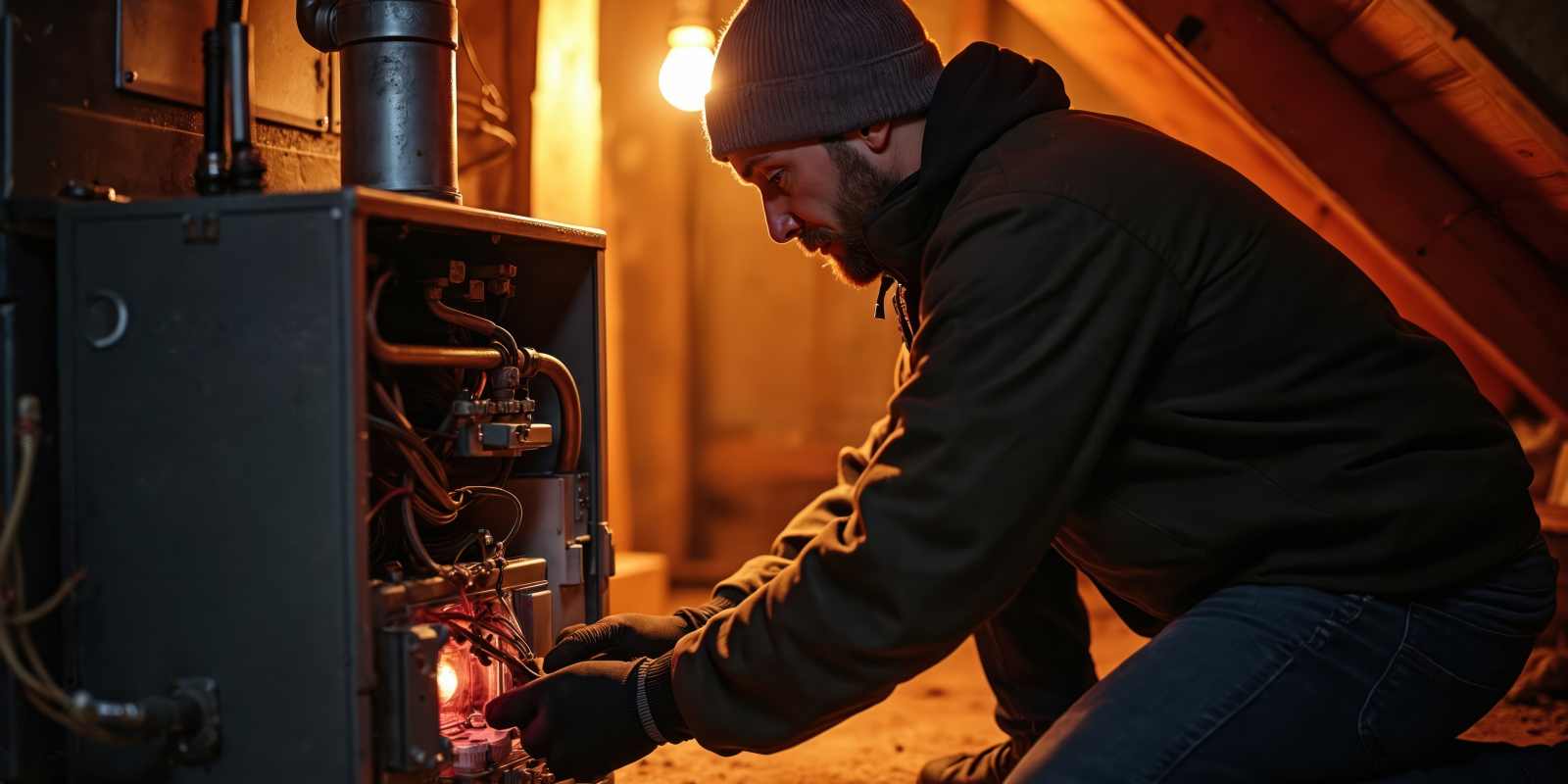
If you find yourself bracing for high winter heating bills, it might be time to consider the efficiency of your home’s insulation. Some signs that your insulation is not doing its job may include a heating system that runs for hours during milder days, or temperature drops that occur as soon as the heating system stops. Investing in the correct insulation for your home and region can not only save you a lot of wasted energy, but also money on your utility bills.
How Insulation Works
Heat will always dissipate with cooler pockets of air to reach a stable, average temperature. It’s the law of thermodynamics. Just as a hot cup of coffee becomes cold after sitting on your kitchen counter, insulation in your home works the same way.
A properly insulated home is like a hot thermos of coffee; the heat inside is unable to dissipate efficiently, keeping it warmer for a longer period of time. When your home is insulated well, your heating system does not have to work as hard to reach the desired heating temperature, nor does it have to consistently run in order to maintain that temperature.
Why Your Home May Have Poor Insulation
Before central heating and cooling systems were common, homes were built to naturally regulate their temperatures through the use of strategically placed windows and thick insulation. In modern construction, the central HVAC system is looked to as the primary source of heating and cooling and insulation is only a secondary concern. In fact, in many new homes, insulation is one of the main areas where builders can look to cut costs. This also applies to added rooms to older homes.
Adding Insulation to Your Home
While you may think adding insulation to your home would require extensive renovations, it only takes a few hours to significantly improve your home’s insulation. Spray foam insulation can be blown into your attic on top of existing insulation to help stop the cold from settling through your roof. Your basement and crawl spaces are often big sources of heat loss as they are unheated but typically have little insulation separating them from the heated areas of your home. Special insulation panels can be added to the ceilings of these spaces.
To learn more about the options for improving your home’s insulation and to get an estimate of both the cost and potential energy savings, contact A. Borrelli today.



